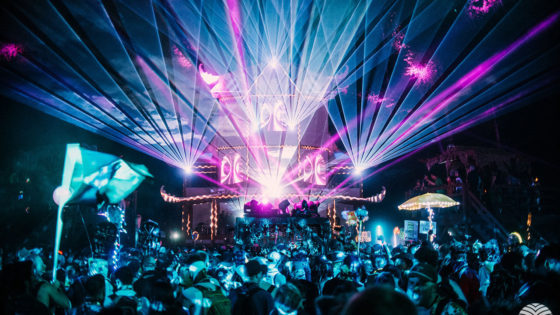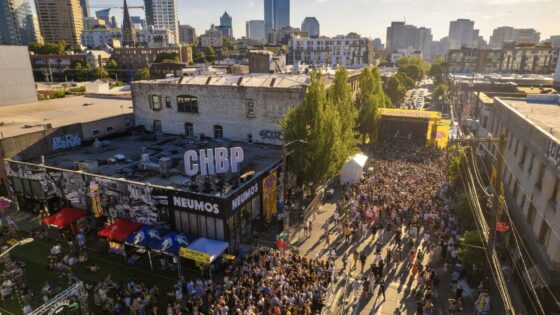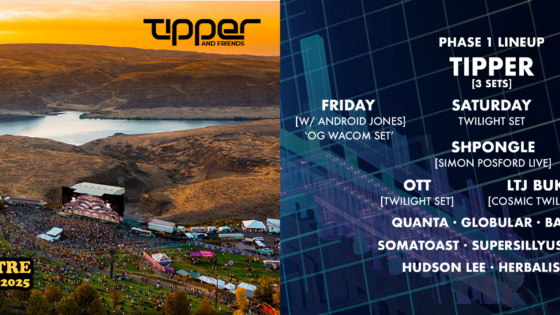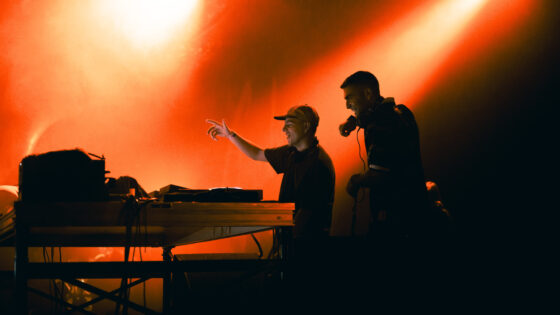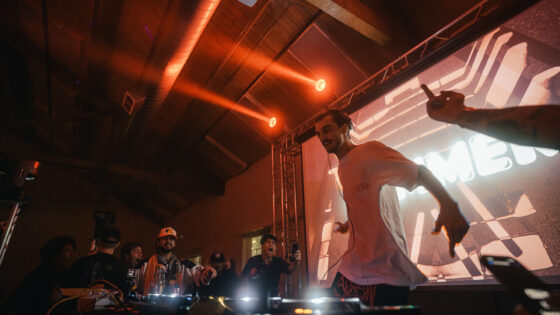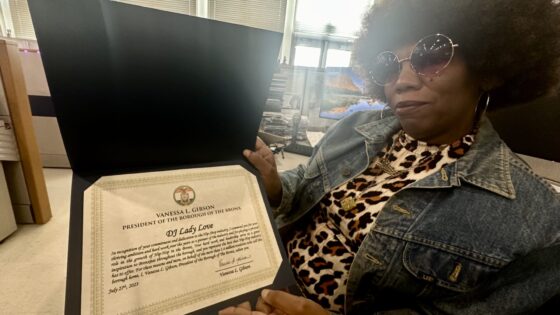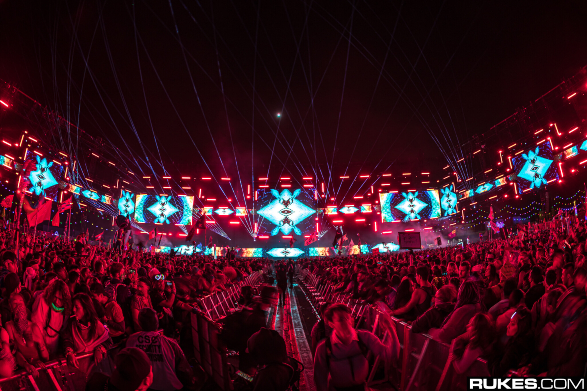A movement to ban facial recognition software at festivals and concerts has established headway as more than 40 major music festivals signed onto the cause. These festivals, including EDC and Bonnaroo, have publicly gone on record and stated they will not employ this technology. Spearheading the campaign, BanFacialRecognition.com takes a grassroots approach to advocate for leaving biometric scanners in a dystopian future.
While the campaign advocates for banning the technology from use on the public, the electronic music community, in particular, has spoken out strongly against its use in relation to concerts. After TicketMaster announced that it invested heavily in the same biometric scanning software used by the US government for a database in Afghanistan, the American public took notice. The Glitch Mob called for this petition back in September, along with other artists like Rage Against the Machine.
Shortly after the campaign began growing in support, Ticketmaster reversed its original support with Blink Identity. The idea began as a way for concert attendees to skip lines by essentially using their facial identity as their ticket. The mega-ticket distributor reassures fans that the technology would be completely on an opt-in basis, but it still poses a threat to attendees.
Music fans should feel safe and respected at festivals and shows, not subjected to invasive biometric surveillance. Today we're launching a new campaign mobilizing artists, fans, and promoters to oppose the use of #facialrecognition at live music events. https://t.co/5g6X59zf4K pic.twitter.com/CPmjSAQUrS
— Fight for the Future (@fightfortheftr) September 9, 2019
This has the potential to increase arrests for minor charges, like drug use and public intoxication. Deportation and subpoenaed records to courts are also cause for worry in this current political climate. In 2018, a man in China was arrested at a concert of 60,000 people for “economic crimes” after officials used this type of surveillance.
The accuracy of the technology also questions how people of color and people who don’t fit into a binary gender system will be affected. According to an MIT study, people of color already faced a misidentifying error rate of as much as 34%. For white men, the margin of error clocked in at 3% at most. With such a wide gap, how can ticket sellers view this as a safe practice?
Thanks to the BanFacialRecognition.com campaign, and the public’s support, this software shouldn’t launch- at least not in the near future. View the campaign here, and search the full list of festivals that have taken a pledge to ban biometric scanning software in their venues.
Important things happen in Pacific Northwest nightlife, and DMNW will send you alerts!







